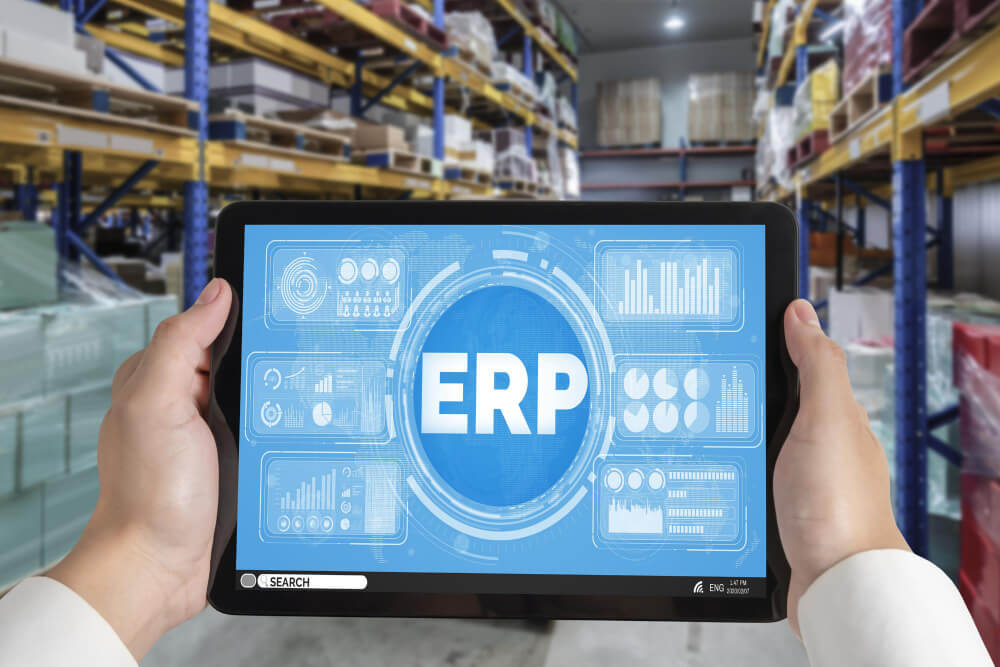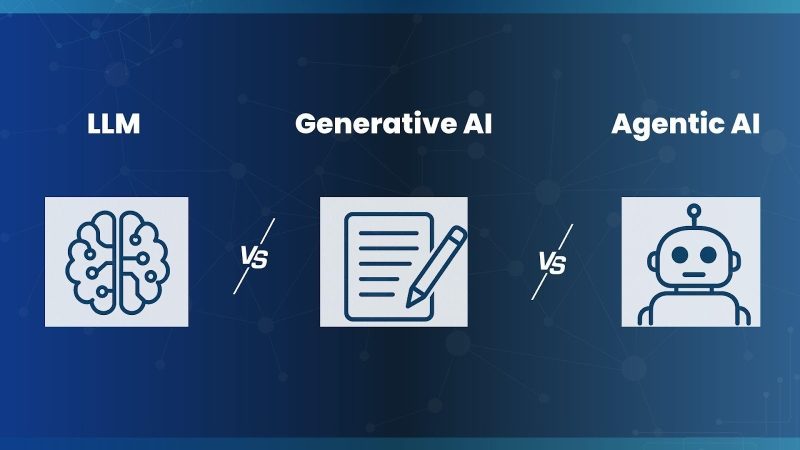Business Transformation with Cloud ERP for Manufacturing

Digitalisation is incredible and a boon to many industries. Technology has been evolving faster to open doors for new systems, which many businesses deployed to thrive gloriously. Covid-19 pandemic has been another aspect that has been a contributing factor for many businesses to adopt new technology to sustain their business. Earlier manufacturing industries were indolent to adopt the latest technologies due to the hassle of going through vast changes. Now to improve productivity and increase profits. Businesses adopt the latest technology to increase business processes and elevate profit margins. Know about Business Transformation with Cloud ERP for Manufacturing.
Enterprise resource planning (ERP) Software system, a technology helping to manage the complex day-to-day business process efficiently. It has evolved over the years, and now you can rely on it to ease many complex business functions. You can use this system to get accurate data devoid of human errors. ERP system provides a highly secured space to store confidential data. Plus, an ERP system accelerates business operations producing accurate data for the executives to make value-based decisions for the future of their business.
It’s challenging to transition from on-premise ERP to cloud ERP for industries. But it’s worth adopting cloud ERP systems for agility and high security of data.
The latest system, cloud ERP, provides two advantages to accelerate business processes – integration and extensibility. In a cloud system, all the data can be accessible to people of the business network – the employees, stakeholders, vendors, partners, decision-makers, and executives.
Also Read: Why Java is the best choice for eCommerce websites
Business transformation is a popular and hot topic these days, but what does it really mean? In simple terms, business transformation is the process of changing an organization to improve efficiency, productivity, and profitability.
One area where business transformation is particularly relevant is manufacturing. Technological advances have impacted the manufacturing industry to undergo massive changes in recent years. The adoption of cloud-based enterprise resource planning (ERP) software is one example of how manufacturing companies use technology to transform their businesses.
Cloud ERP for the manufacturing industry can assist in improving nearly every aspect of your business, from supply chain management to financial operations. It can also provide real-time visibility into every aspect of your operation, which is essential for making quick, informed decisions.
If you’re thinking about transforming your manufacturing business with cloud ERP, here are a few things to keep in mind:
Define your goals
The first step in any business transformation initiative is to define your goals. Prepare a list of these questions, What do you hope to achieve by making changes to your organization? Or ask if you want to improve efficiency, reduce costs, or both.
Once you have defined your goals, commence curating a plan for ways to execute and achieve them. Involve in investigating every aspect of your business and determining where improvements can be made or how these changes can impact your business.
Examine your current state
Take a closer look at how you are performing now. What processes and systems are in place? Are they effective? On what basis do they compare to best practices in the industry?
This assessment will help you identify areas where changes need to be made. It will also give you a better understanding of the capabilities of your existing systems and how they might need to be modified or replaced in order to achieve your goals.
Develop a roadmap
Once you’ve assessed your current state and defined your goals, you can start to develop a roadmap for transformation. To attain your success, map out a plan step by step.
Sketch out a roadmap that guides you to track your progress and ensure that you stay on line as per your plan. Note that it should also be flexible enough to accommodate and adapt to changes that might need to be made along the way.
Implement change
Once you’ve developed a roadmap for transformation, it’s time to start implementing changes. This will require careful planning and execution. You’ll need to consider the impact of the changes on all aspects of your business, from employees to customers.
You’ll also need to make sure that you have the right systems and processes in place to support the changes. This might involve implementing new software or upgrading your existing systems.
Evaluate results
After the changes are done, the next step is to take ample time to evaluate the results. Did you achieve your set goals? What impact or influence did the changes have on your business?
This evaluation will help you determine whether the transformation was successful and identify any areas where further improvements can be made.
Also Read: Best Institution ERP Software Program
Make adjustments
Based on the results of your evaluation, you may need to make further adjustments to your transformation plan. This might involve making changes to the way you implement changes or modifying your goals.
Making adjustments along the way is normal and should be expected. The most vital thing is to keep moving forward and continue making progress toward your goals to achieve your final success.
Celebrate success
Once you’ve reached what you have achieved it’s time to celebrate your success! Take some time to reflect on what you’ve accomplished and the positive impact that the transformation has had on your business.
Start planning for the future next, plan to set new goals, and devise ways to achieve the success of your transformation.
Challenges in Business Transformation with Cloud ERP
Cloud ERP comes with many benefits to offer, on the other hand consider some challenges while deploying it. Here are a few of the most common challenges:
Change management
One of the biggest challenges in business transformation is change management. Implementing changes can be difficult, especially if you’re not used to working in a cloud environment.
You’ll need to carefully plan the changes and make sure that all employees are on board with the new system. You’ll also need to provide training and support to help employees transition to the new way of working.
Implementation cost
Another challenge is the cost of implementation. While cloud ERP can offer significant cost savings, the upfront costs can be high. Without fail, carefully consider the costs and benefits of cloud ERP before making a decision to deploy an ERP system.
Security
Security is also a concern when moving to a cloud environment. You’ll need to make sure that your data is secure and that
By following these steps, you can transform your manufacturing business with cloud ERP. Cloud ERP can help improve nearly every aspect of your business and provide real-time visibility into your operation.
Making the transition to cloud ERP for manufacturing can be a challenge, but it’s one that’s well worth the effort. Examine and plan strategies that are effective for your business. Implement advanced cloud-based ERP and derive its maximum benefits, transform your business and achieve accurate results.
It is time to transform your business journey by taking the step to deploy a cloud ERP system. Get experts to help you assess your current state, define your goals, and develop a roadmap for success.
Author Bio :
Ishant is an SEO expert He is working with Sage Software Solutions, a leading ERP, CRM, and HRMS provider.






